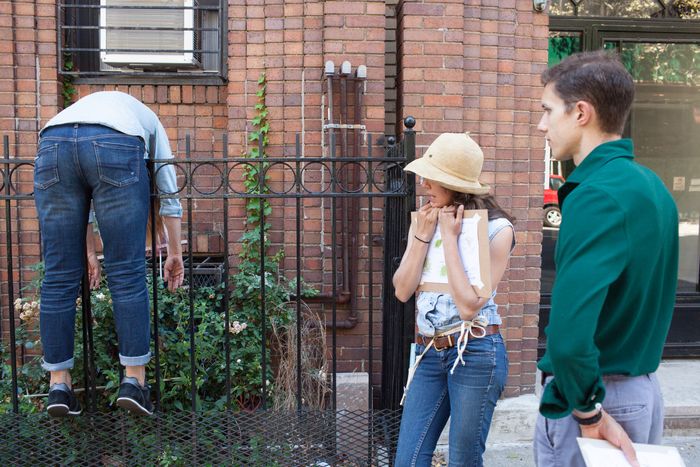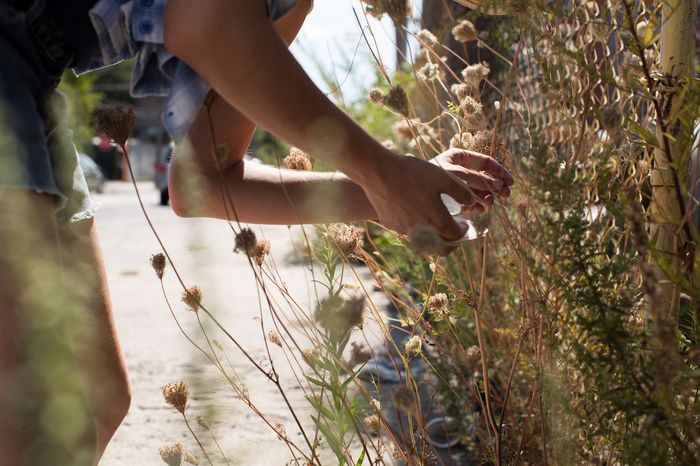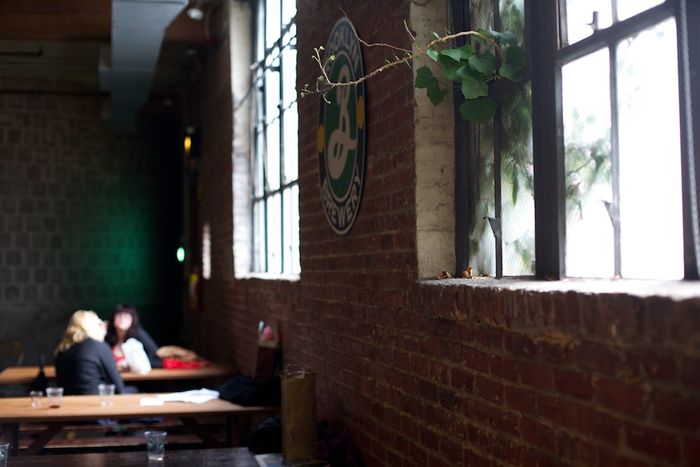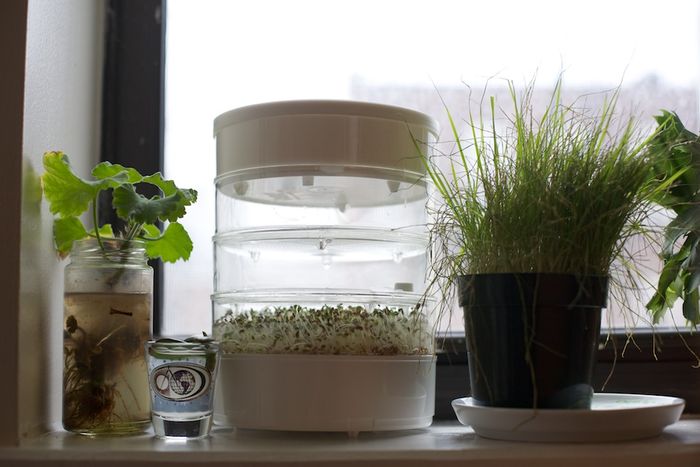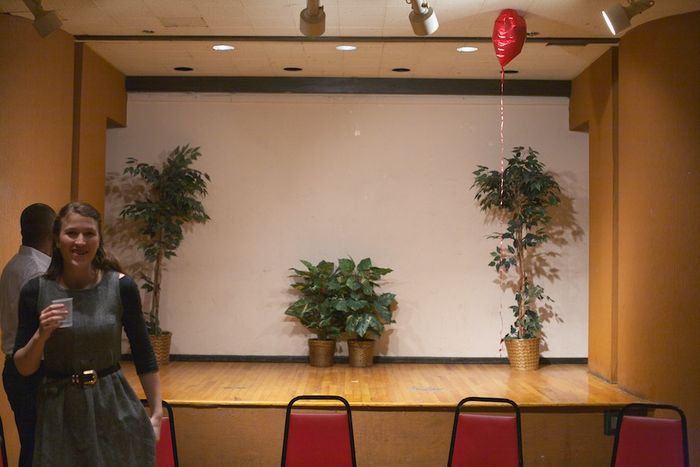Ellie on why killing weeds is counterproductive:
Is it really worth raging against the geographical pedigree of a plant introduced 200 years ago if it’s functioning to stabilize soil, feed late season pollinators, generate oxygen, cool the ground, and improve human mental health? Sure, there are villainous weeds out there (think Kudzu), but it’s all context-based, and plant communities that suffer from being overrun by a weedy villain are often not in the best shape to begin with.
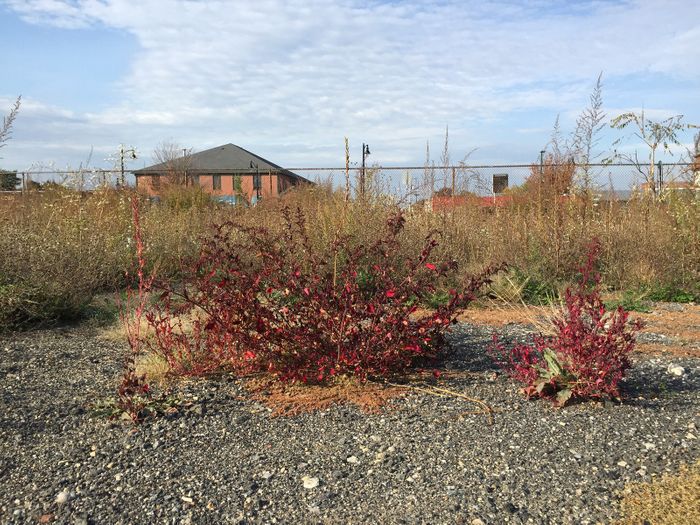
Make sure you scroll all the way down to see all the lovely weed portraits.
See also: Next Epoch Seed Library on Ellie’s website.
